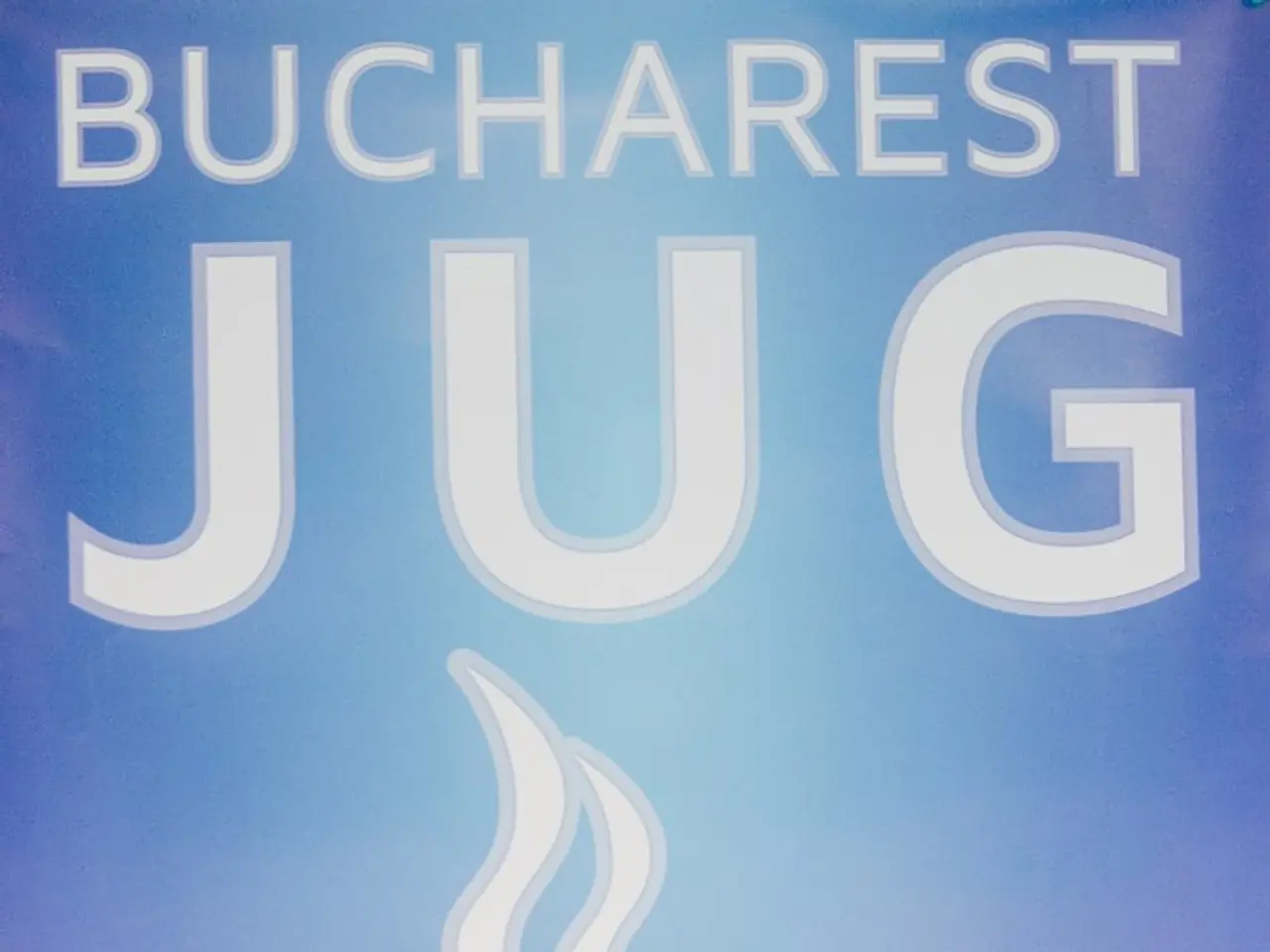Securities Regulator in India Bans Jane Street for Unspecified Reasons
In a significant development, the Securities and Exchange Board of India (SEBI) has accused American trading firm, Jane Street, of manipulating the Bank Nifty index through two strategic trading practices. The allegations, detailed in an order, claim that these strategies led to losses for retail investors.
Jane Street, known for its arbitrage trading activities, plans to challenge the India ban, asserting that its actions were legitimate arbitrage trades, commonly used by large trading firms in financial markets.
The strategies in question include the Intra-day Index Manipulation Strategy and the Extended Marking the Close Strategy.
The Intra-day Index Manipulation Strategy, as SEBI alleges, involved Jane Street artificially pushing the Bank Nifty index higher in the morning by buying large quantities of Bank Nifty stocks and futures. Simultaneously, they would place bets in the options market, expecting the index to fall later. This was followed by an aggressive sell-off later in the day, causing the index to decline and misleading retail investors.
The Extended Marking the Close Strategy involved Jane Street intentionally dragging the index down just before the market close to fix the settlement price, allowing the firm to profit from earlier bets on the index falling.
By manipulating indices on 21 expiry days, Jane Street allegedly made significant profits from options trading while incurring smaller losses in cash and futures trades. This strategy was repeated despite warnings from SEBI.
The size of Jane Street's trades was a crucial factor in its India strategy. On certain days, the size of its trades in the Bank Nifty's constituents was 15%-25% of the entire market's traded value. This, according to SEBI, was large enough to move the index.
Arbitrage trading is legal in India. However, SEBI has seized $567 million of Jane Street's funds, equivalent to the amount of what it calls "unlawful gains."
Jane Street argues that there was a large gap between the price of the Bank Nifty index in the options markets and the price implied by the level at which the stocks were trading. The firm claims that it traded in a direction consistent with closing that gap.
On January 17, 2024, Jane Street traded roughly $1.2 trillion (103 trillion rupees) worth of cash-settled options on the Nifty Bank index, which is 353 times the trading volumes of the bank stocks in the index. This highlights the significant impact of Jane Street's trades on the Indian market.
India's derivatives-to-cash market ratio in terms of volume is the highest in the world, with a ratio of 400 times in 2024. This context is important to understand the potential impact of large derivative trades on the market.
Jane Street has 21 days to file its reply or any objections to the order, and can also challenge the order judicially via the Securities Appellate Tribunal.
SEBI is working on a final order and also expanding its investigation into Jane Street's trade on indexes other than the Bank Nifty. The potential implications of this case extend beyond the Bank Nifty index and could have significant ramifications for the Indian financial market as a whole.
[1] Source: SEBI Order dated 29th March 2024 [2] Source: The Economic Times, 30th March 2024 [3] Source: Livemint, 30th March 2024 [4] Source: Business Standard, 30th March 2024
- Jane Street, an American trading firm known for its arbitrage trading activities, is accused by the Securities and Exchange Board of India (SEBI) of manipulating the Bank Nifty index through two strategic trading practices: Intra-day Index Manipulation Strategy and Extended Marking the Close Strategy.
- The Intra-day Index Manipulation Strategy involved Jane Street artificially pushing the Bank Nifty index higher by excessively buying Bank Nifty stocks and futures in the morning, followed by bets in the options market expecting the index to fall later, an aggressive sell-off later in the day, and misleading retail investors.
- The Extended Marking the Close Strategy involved intentionally dragging the index down just before market close to fix the settlement price, allowing Jane Street to profit from earlier bets on the index falling.
- By manipulating indices on 21 expiry days, Jane Street allegedly made significant profits from options trading while incurring smaller losses in cash and futures trades. This strategy was repeated despite warnings from SEBI.
- Arbitrage trading is legal in India, but SEBI has seized $567 million of Jane Street's funds, equivalent to the amount of what it calls "unlawful gains."
- On certain days, the size of Jane Street's trades in the Bank Nifty's constituents was 15%-25% of the entire market's traded value, which, according to SEBI, was large enough to move the index.




